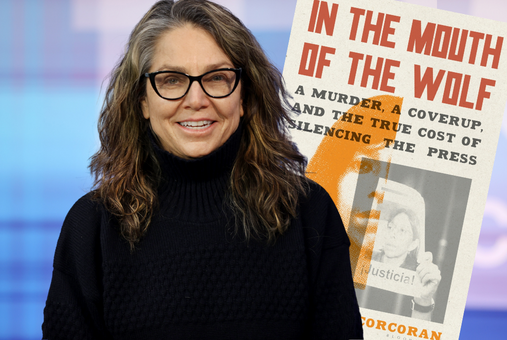
Mexican journalists urgently need to make people understand and value the impact of their work, so it’s society itself demanding safe conditions to practice journalism, Katherine Corcoran — whose book "In the Mouth of the Wolf," about the 2012 murder of Mexican journalist Regina Martinez will be launched in October — told LJR.
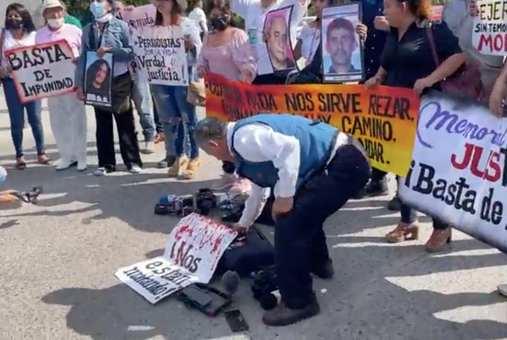
With the death of Fredid Román, 15 journalists have been murdered in Mexico so far in 2022. While organizations such as the UN, CPJ and IAPA condemn the crimes, López Obrador's government denies the climate of violence against the press. The government even appears to be the main source of aggressions, according to a report by Article 19.

What began as a scuffle between rival criminal groups ended in attacks targeting the population that resulted in the deaths of four employees of the MegaRadio radio group. The killings, considered by organizations as a form of social destabilization, caused the radio station to temporarily cease transmissions.
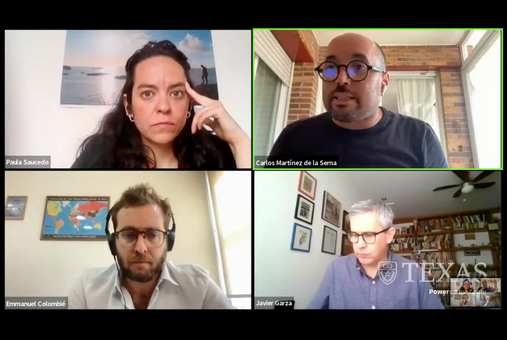
Given the failure of protection mechanisms for journalists, members of the press must strengthen self-protection, solidarity within the profession and links with civil society, said representatives of Article 19, Reporters Without Borders and the Committee to Protect Journalists.
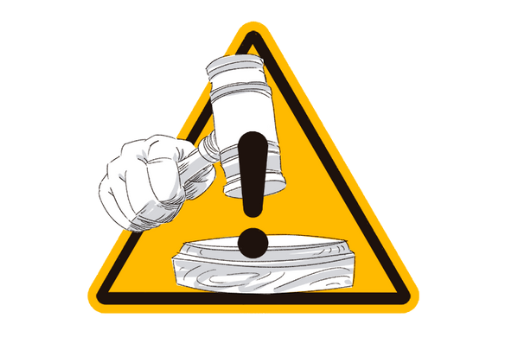
Mexico was one of the first countries to create a special prosecutor's office to investigate crimes against journalists. The Special Prosecutor for Attention to Crimes Committed against Freedom of Expression (FEADLE) was created in 2010 in response to the increase in attacks, particularly murders, against journalists. Yet, from its inception to 2021, the FEADLE has only obtained 28 convictions.

Join the Knight Center for Journalism in the Americas Tuesday, Aug. 2, for a free webinar as we launch a free multilingual ebook on journalist safety in Latin America and the Caribbean.

Online harassment of journalists in Brazil has intensified in recent years due to the potential for exposure created by social media and the institutionalization of these attacks. President Jair Bolsonaro’s attacks against journalists have naturalized this type of violence in these online platforms, and those who should support these professionals are guilty of lack of accountability, reveals a study on violence against journalists on social media.
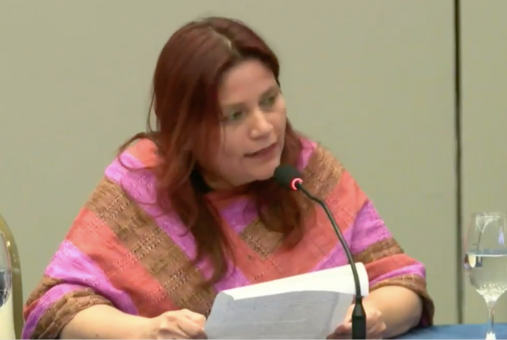
Colombian journalist Claudia Julieta Duque, who for two decades experienced psychological torture, life in exile and persecution for a journalistic investigation, said that the recent decision of the highest court of Colombian public administration is the most important in the fight for justice in the face of violations of her human rights.

Twenty-two journalists were murdered in Latin American countries between January and June 2022. Data are from the Press Emblem Campaign (PEC). The number is higher than the total number of journalists killed in countries in the region last year: 17. It is also higher than journalists killed in coverage of the war in Ukraine: 16 in the same period.

Statistical data shows that in the last three years, the most common response of the Guatemalan public prosecutor to cases of attacks against journalists was dismissal. Only 1 percent of the cases end up with a conviction. Under Attorney General María Consuelo Porras, the budget to investigate crimes against this profession was reduced by 77 percent.